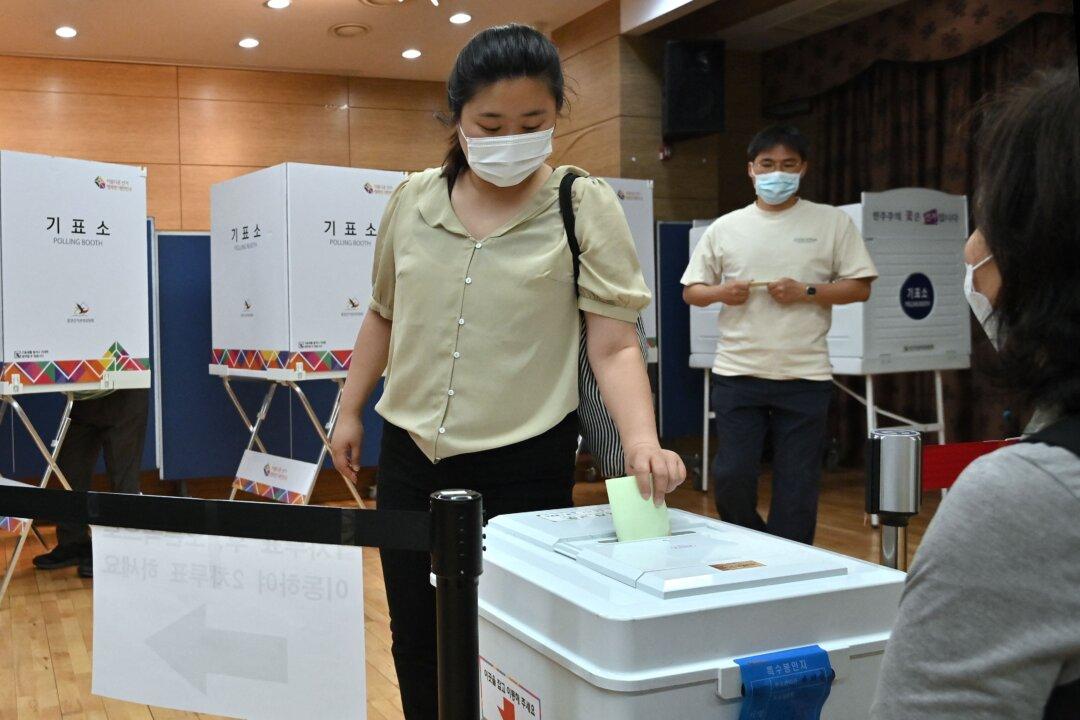As South Korea’s parliamentary elections draw near, the country’s intelligence agency has uncovered a covert operation by Chinese media propaganda firms. The firms are suspected of establishing 38 counterfeit websites mimicking South Korean media outlets, in a bid to sway public opinion with pro-Chinese Communist Party (CCP) and anti-American narratives.
The South Korean National Intelligence Service (NIS), in collaboration with local security firms, identified the websites on Nov. 13. Investigations revealed that two Chinese companies, masquerading as South Korean media entities, launched the sites to spread distorted news within South Korea, the NIS said. The agency highlighted the malicious intent behind the operations, noting their aim to manipulate public opinion.






